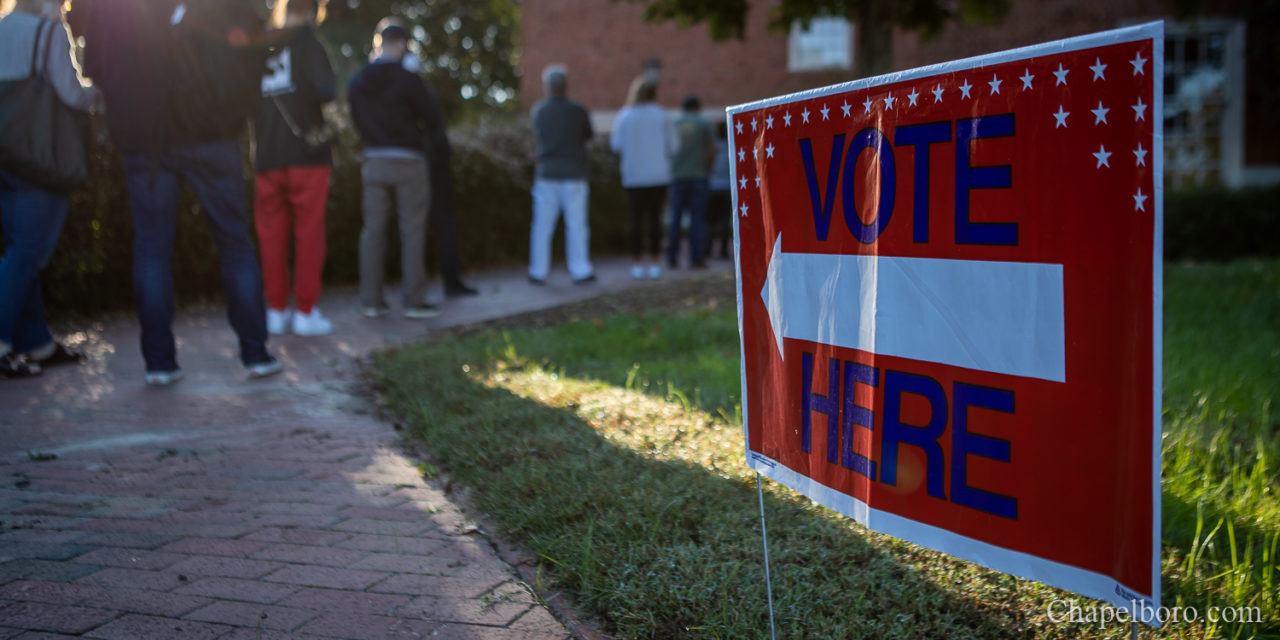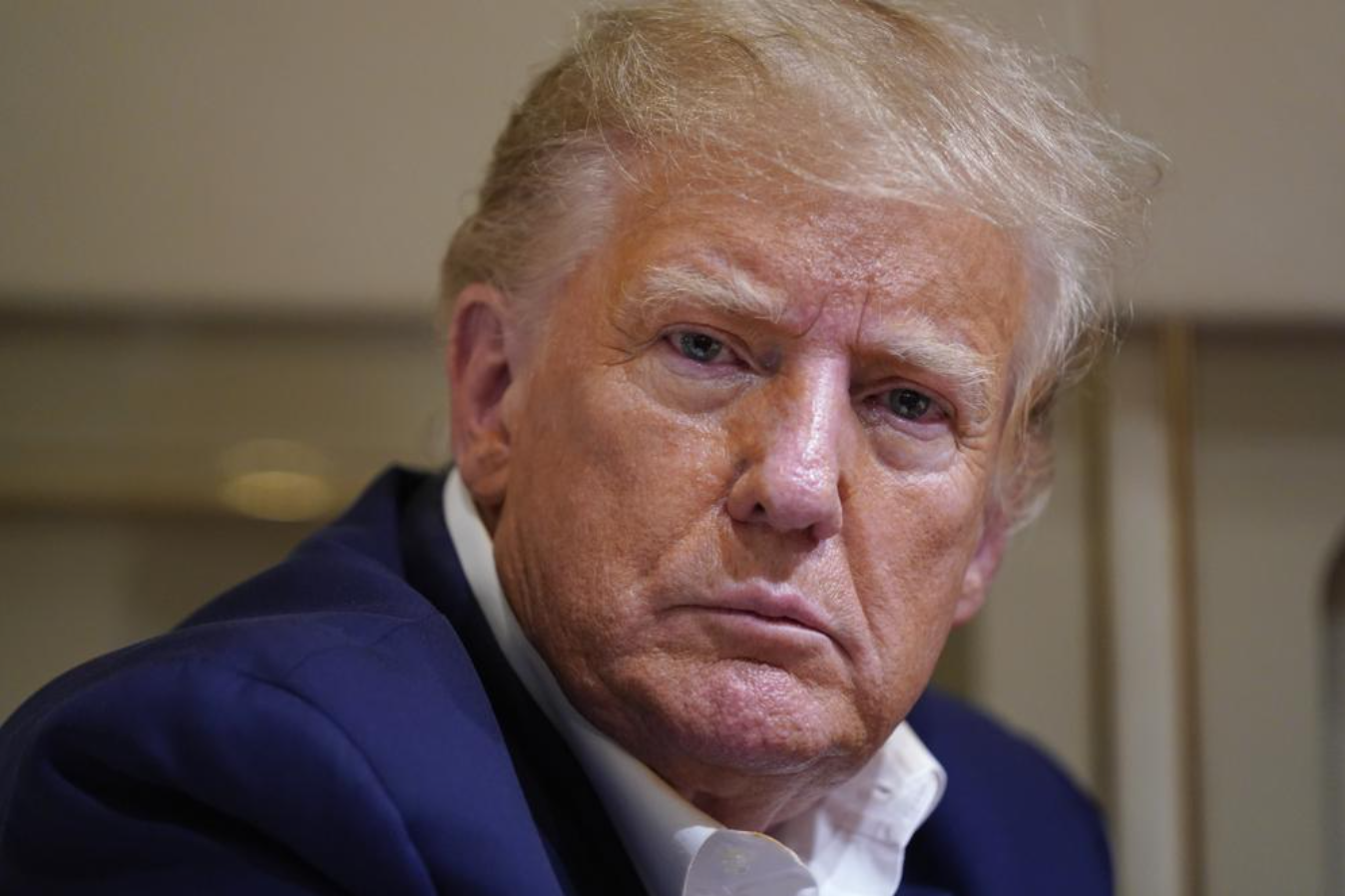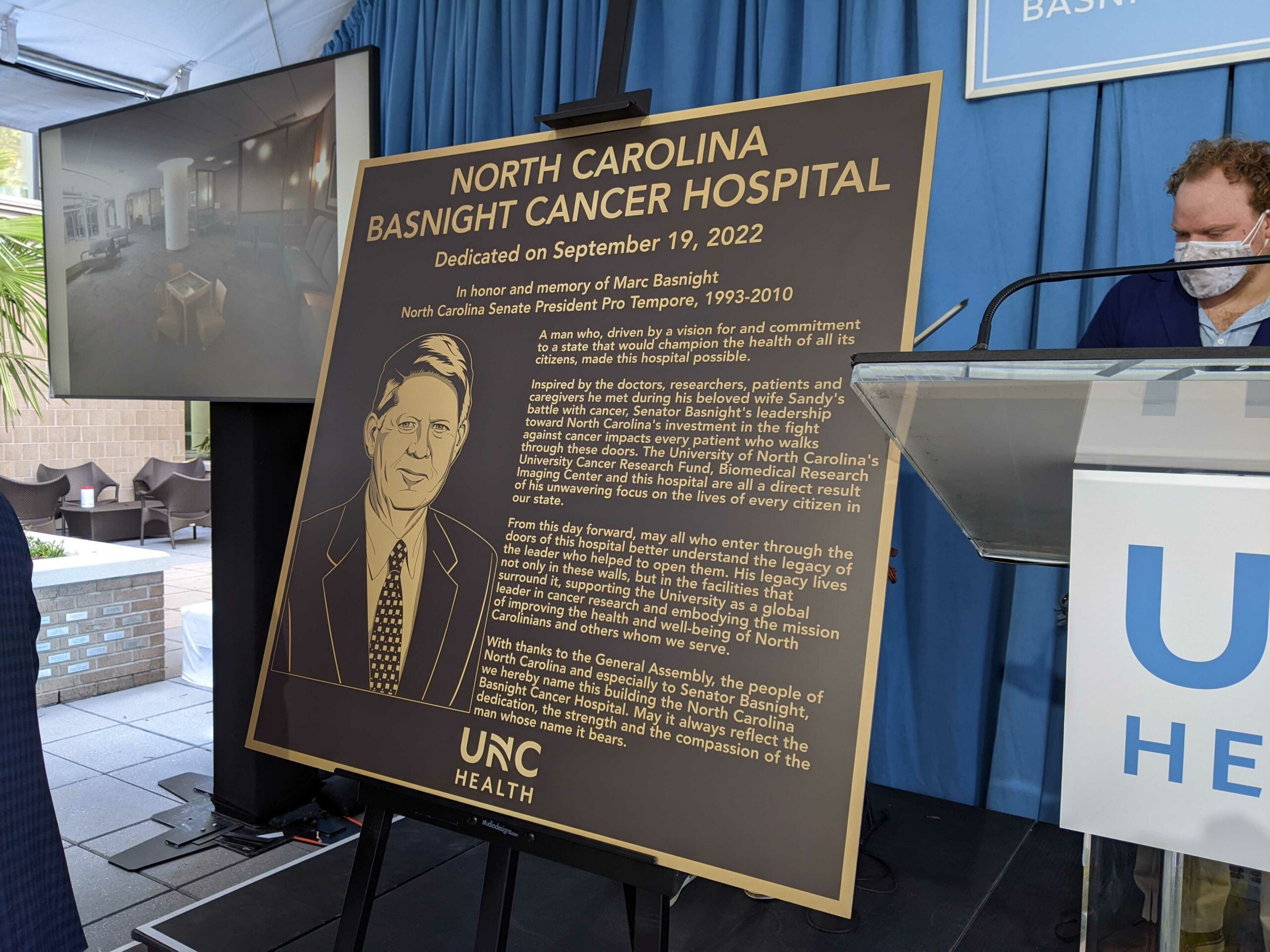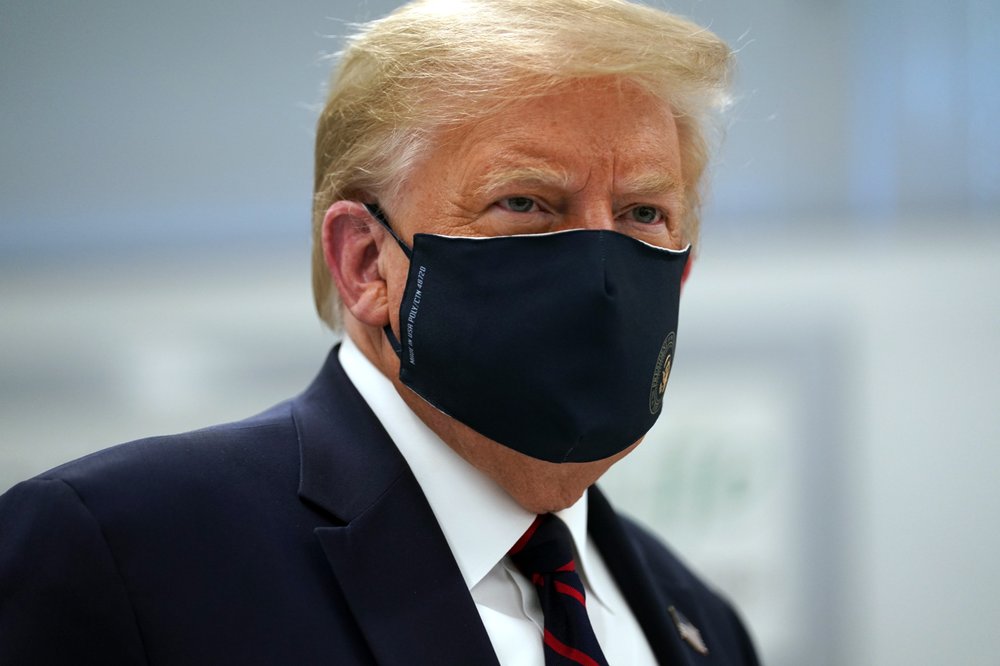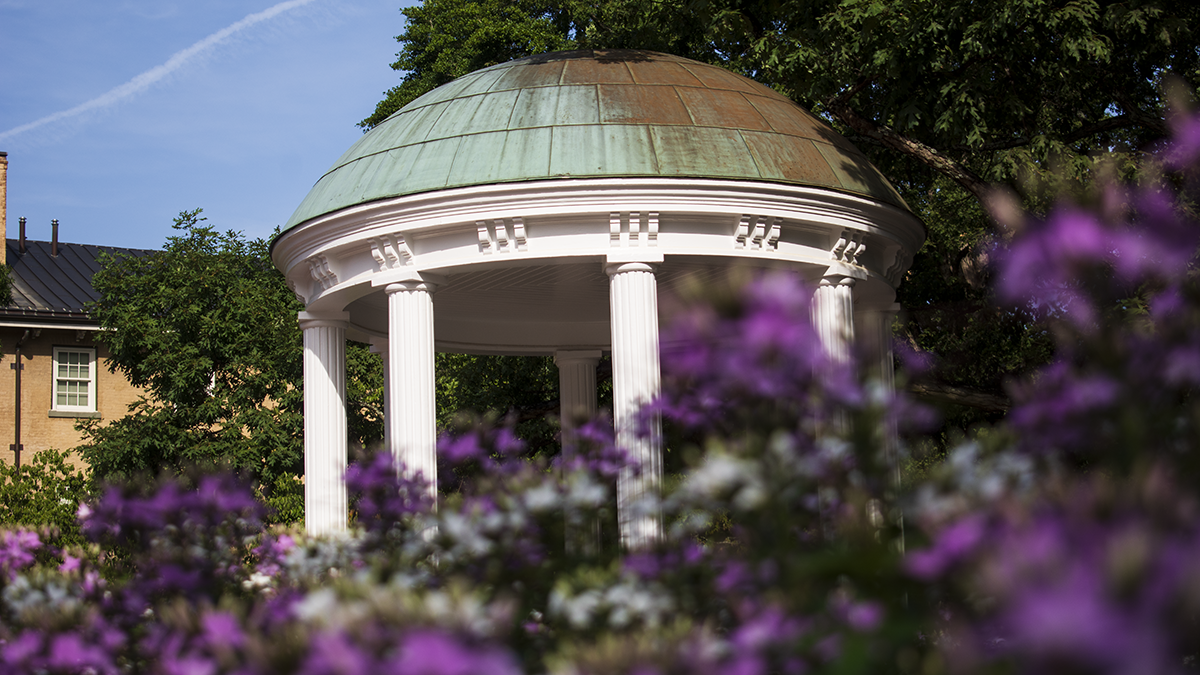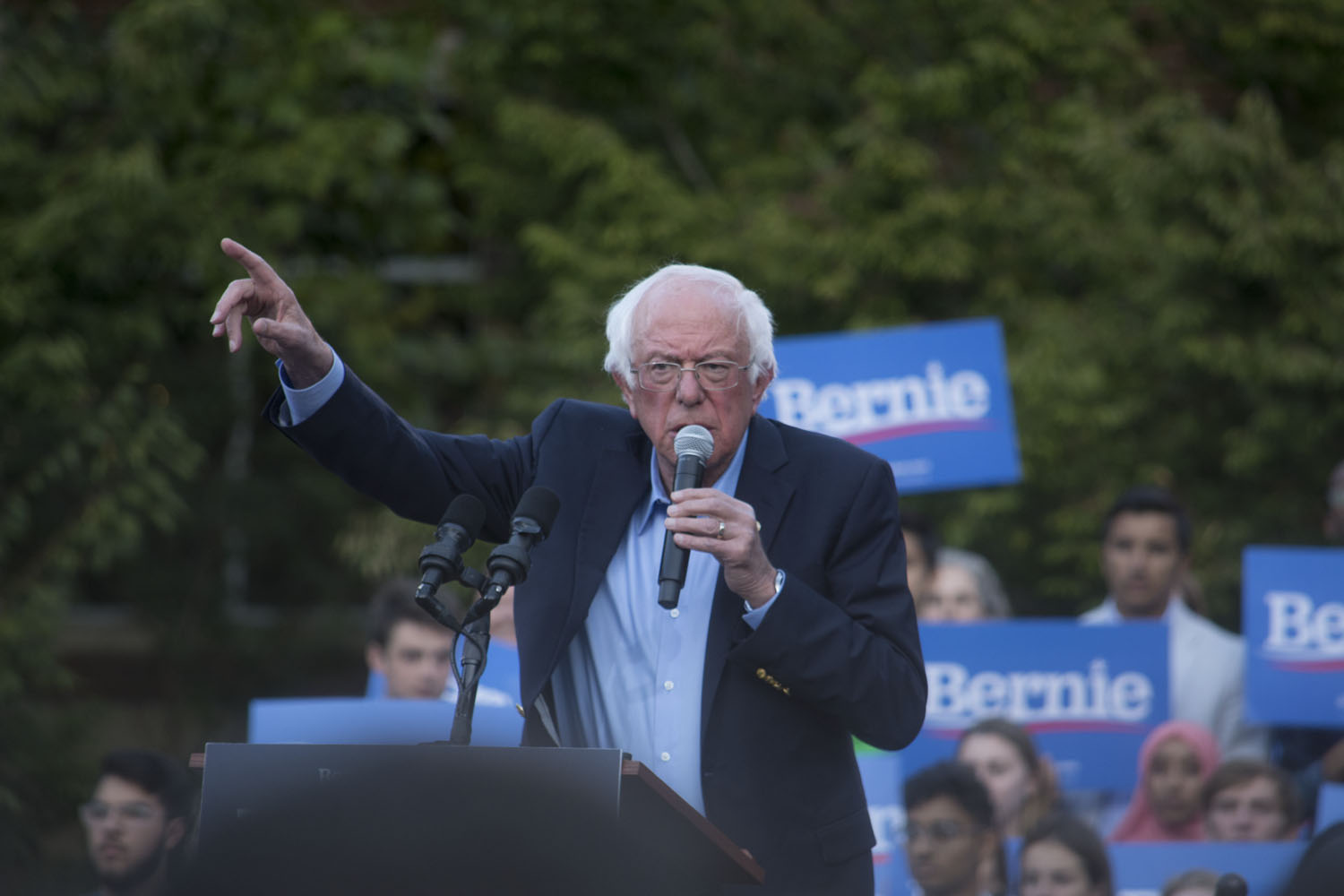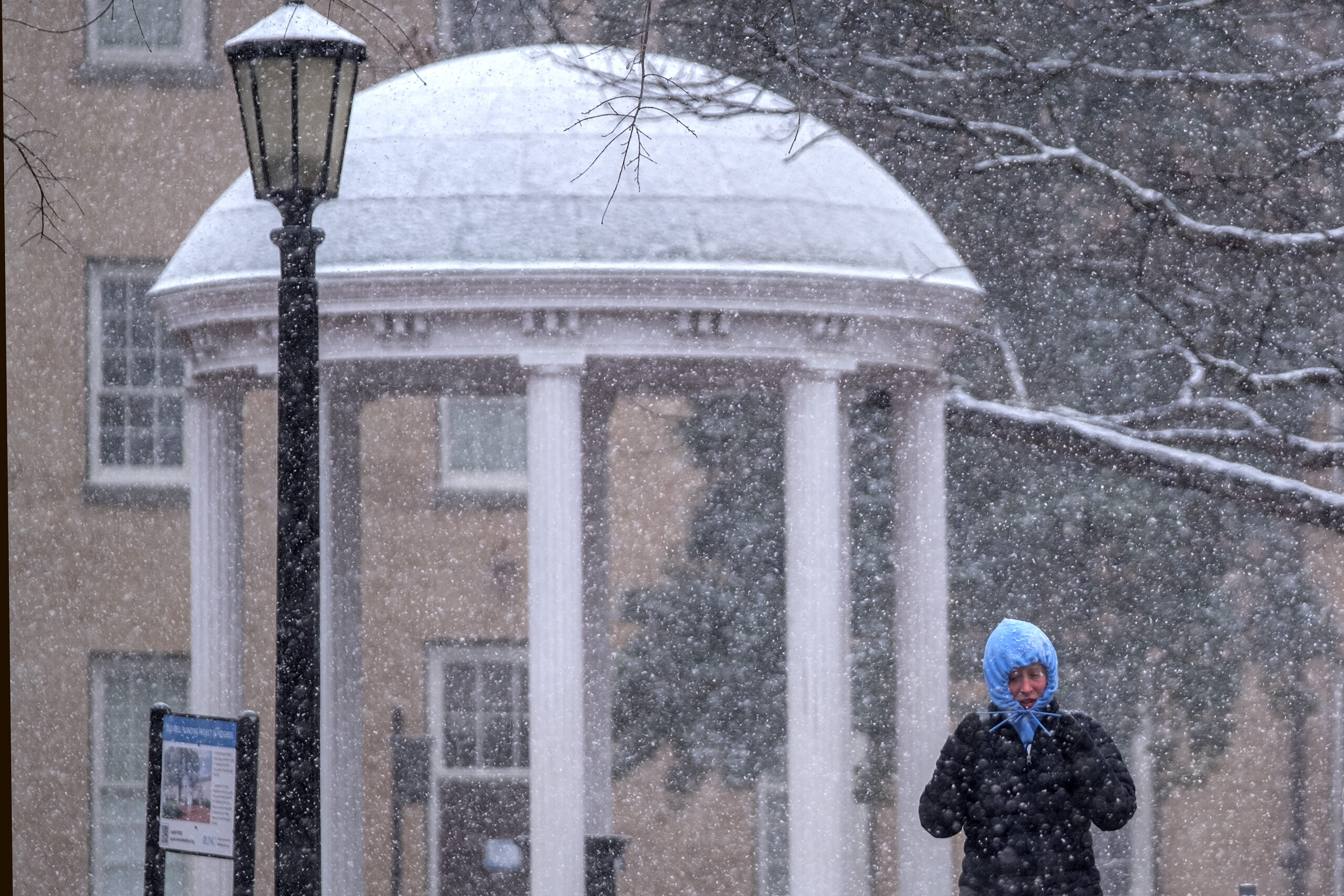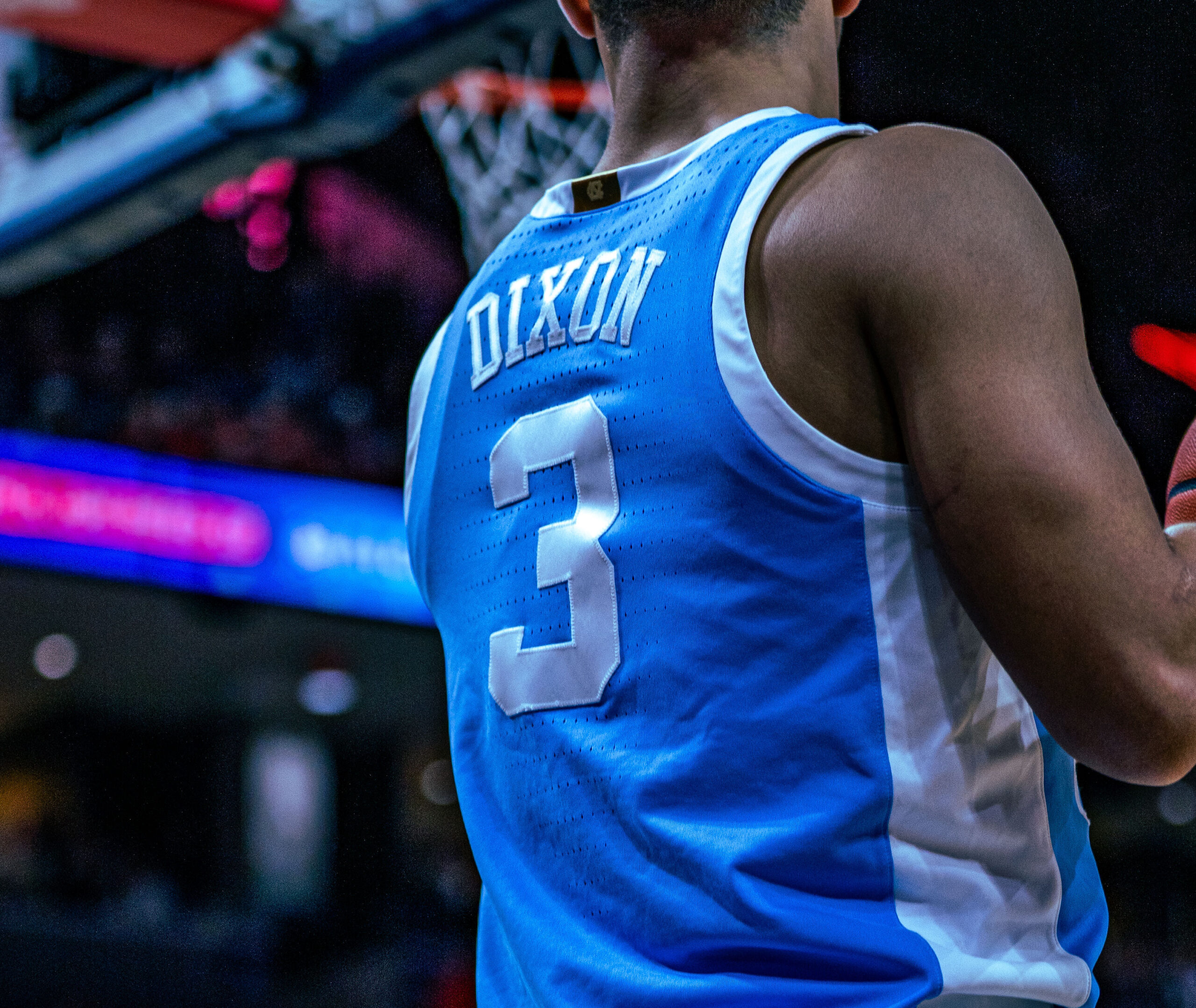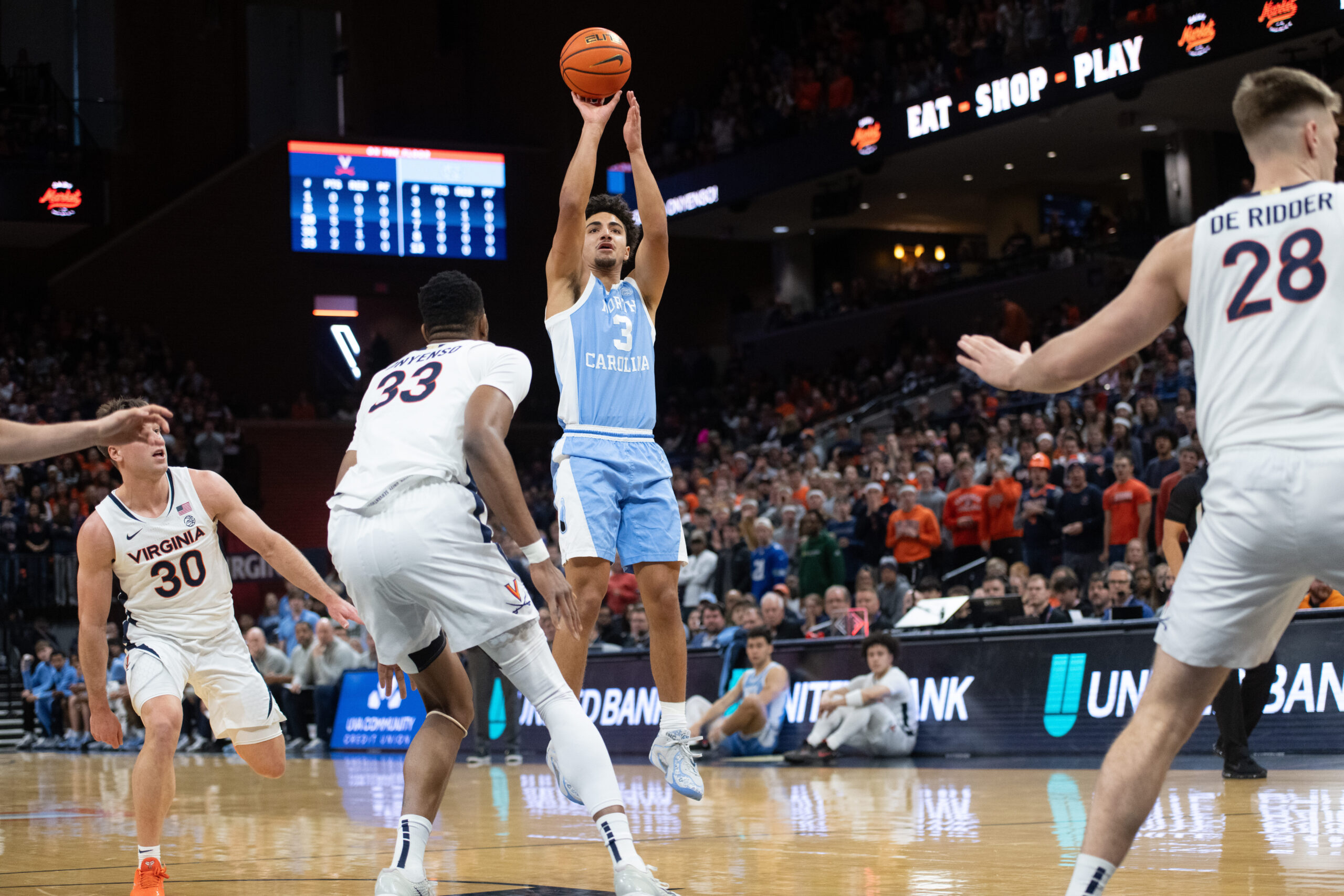One political scientist at UNC said public distrust and polarization in government, especially amid a national public health crisis and election year, is at an unprecedented high.
With election season in full swing, across the nation is record-high early voting numbers. As of Sunday, nearly 28 million people have voted in the 2020 general election. That’s more than six times the number of votes cast by the same point in 2016.
Marc Hetherington is a political scientist and distinguished professor at UNC who has spent years studying public trust and polarization in American politics.
He said part of the reason the country is seeing such an overwhelming voter turnout is due to an equally overwhelming distrust and polarization of U.S. politics. Throughout his work, Hetherington said he has never seen the nation more polarized than it is today.
“I can’t think of another time since maybe the 1890s or 1880s when politics was really the only major form of entertainment that people had,” Hetherington said. “There was no professional sports, no television or radio. Politics was it – margins were close and those elections were really intense and polarized too. We just haven’t had anything like that in the last 100 or 125 years.”
This extreme polarization and subsequent voter turnout has been years in the making.
According to the American National Election Study, back in the 1960s, more than 70 percent of Americans trusted “the government in Washington to do what is right” either “most of the time” or “just about always.” In the last few decades, that percentage has regularly been in the teens and twenties.
For Hetherington, this consistent divide, despite living through crisis after crisis, is one of the most “dispiriting” things about America.
“I was thinking about this in terms of my son Ben who is nineteen,” Hetherington said. “I think about the number of crises that he has lived through – he was born just before 9/11, we’ve had the financial crisis, we’ve had the impeachment of a president, we’ve had the pandemic – all of these things which tend to bring countries together, and nothing seems capable of bringing us together.”
Even as issues like pandemic restrictions and life-saving safety measures become heavily politicized, Hetherington said people rarely make the jump from one party to another.
“The most important trend that we’ve seen in politics over the past 20 years is how much people on one side of the political aisle, how much they hate the other party,” Hetherington said. “They just hate the other side. So we see very little in the way of switching parties and very little in the way of people abandoning their party’s presidential candidate.”
Hetherington said a consequence of these negative feelings is an astonishingly low trust in government when a person’s party is out of power. As a result, public consensus rarely if ever develops on issues, public opinion fails to nudge policymakers towards compromise and the “us vs. them” mentality deepens.
While these trends remain true, even amid a pandemic, Hetherington said what the pandemic does do is “raise the cost” of people blindly following their partisanship.
“If times are normal, the costs of following Republican leaders or Democratic leaders is pretty low,” Hetherington said. “But what if the costs of following, in this case, your Republican leaders might get you sick and you think that you’re going to get pretty seriously ill from COVID? Well, then the costs are pretty high.”
Not only does the collapse in government trust shape which presidential candidates Republicans prefer, Hetherington said it’s key to understanding the political dysfunction and gridlock that has gripped the U.S. for the past decades.
He said what happens during this election and the subsequent elections will determine whether the nation can eventually bridge the partisan gap.
“We’ve been living with this political divide that we have, which is kind of based on different attitudes about race, all that way back to the 1960s,” Hetherington said. “Republicans have mostly benefited from that over time, but there are few issues in the course of world history that are more divisive than race. Now if that dividing line no longer works, then parties will pivot away from using that issue. So if we see a real beat-down in this election where one side overwhelms the other and the election after that the same thing happens, then things will change.”
Find the other conversation with Marc Hetherington regarding “A Battle Between Party and Pandemic” here.
Chapelboro.com does not charge subscription fees. You can support local journalism and our mission to serve the community. Contribute today – every single dollar matters.

